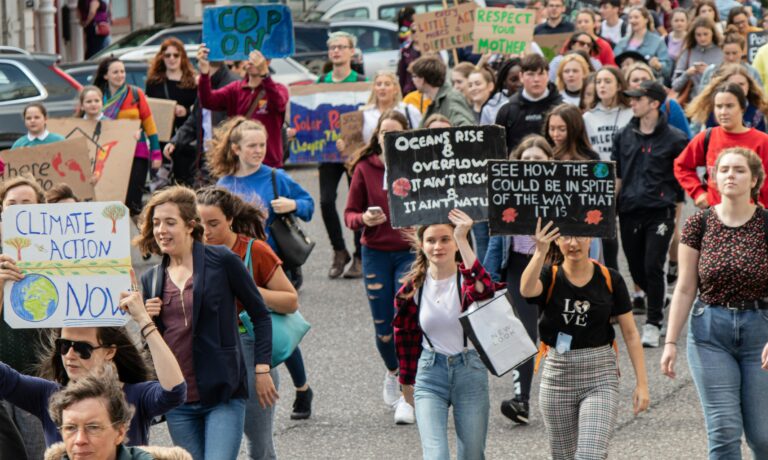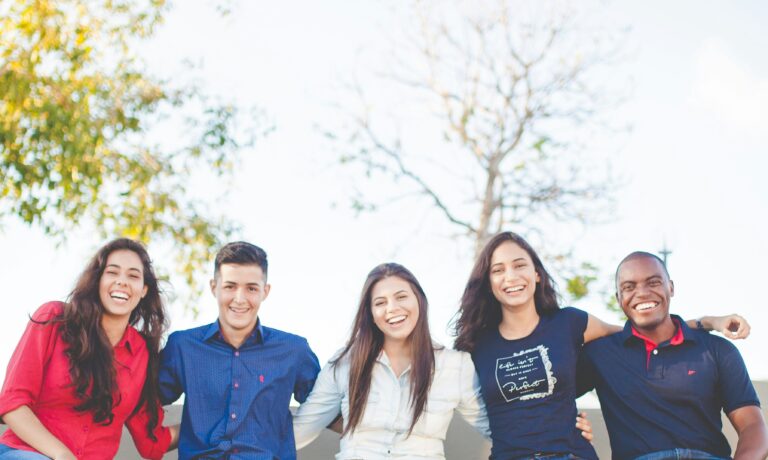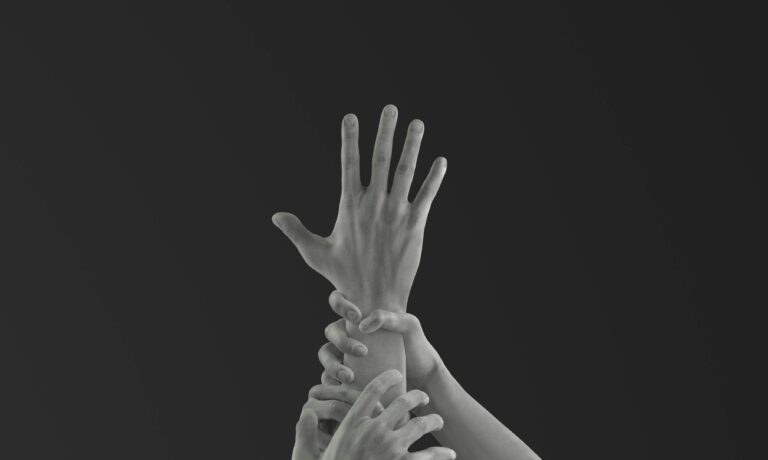Percorsi di Inclusione Sociale
Enhancing services for psychiatric patients in Calabria by promoting pathways to autonomy and social and professional inclusion.
Starting date
1 April 2025Duration
18 monthsRealized by:
Consorzio Sociale GOEL Società Cooperativa SocialeObjectives
Prevent acute and chronic mental illness in the region through socio-pedagogical day activities focused on social life training.
Strengthen the social skills of psychiatric patients transitioning out of residential services.
Provide on-the-job professional training to individuals eligible for workplace inclusion pathways.
Promote a culture of recognizing the human, individual, and citizenship rights of people with mental illness by breaking stigma and stereotypes.
In Calabria, the availability of semi-residential psychiatric facilities is critically low, with only 0.6 spaces per 10,000 inhabitants compared to the Italian average of 2.8. Psychiatric residential services are poorly distributed across the region, and there is a significant lack of therapeutic residential facilities, low-intensity care centers, and social rehabilitation structures. This exacerbates the prevalence of acute and chronic mental health cases, often necessitating out-of-region hospitalizations.
Many individuals reach a chronic or acute state of mental illness due to the lack of early intervention. The healthcare services are insufficient, and once discharged, patients lack support systems, which often undermines therapeutic outcomes and leads to recurring hospitalizations.
This project, led by Consorzio Sociale GOEL, which has been promoting social change in Calabria for 21 years and managing psychiatric services for 15 years, seeks to address this gap with targeted interventions:
- Strengthening Supported Housing: expanding the group housing program initiated by GOEL’s member organization, Coop. Lab Therapy, to assist patients transitioning out of psychiatric residences. This will involve adding a new module for six additional individuals, doubling the available spaces (from six to twelve) and enhancing low-intensity support in the area.
- Social Life Training Day Programs: creating socio-pedagogical day workshops in psychiatric communities to foster prevention and social inclusion. These workshops will target current users and the local community, particularly women and young people. Special emphasis will be placed on the rehabilitative power of theater activities, which help individuals with mental illness regain communication skills, combat stigma, and reintegrate into their local social networks.
- Workplace Inclusion Internships: through Made In GOEL’s network of social cooperatives, the project will offer internships for individuals already involved in other project activities. These internships will include guidance and skills assessments to support on-the-job professional training.
The project also includes families (where present), as they play a crucial role in the mental health of their relatives, local healthcare services working with patients, and the broader community, particularly in overcoming cultural stigma toward mental illness.



